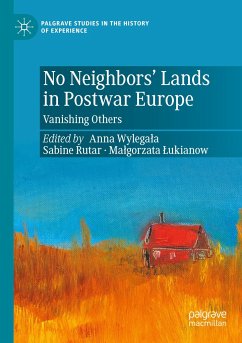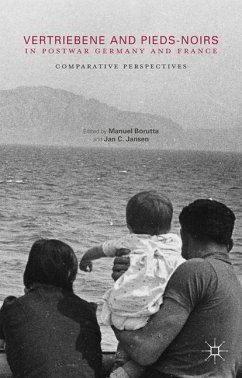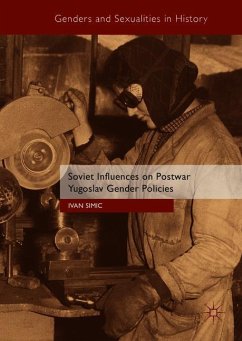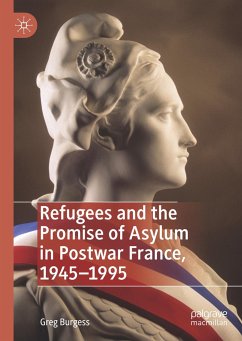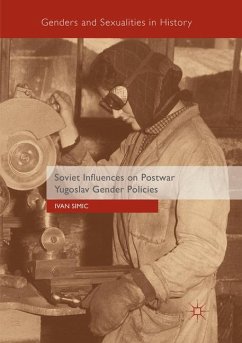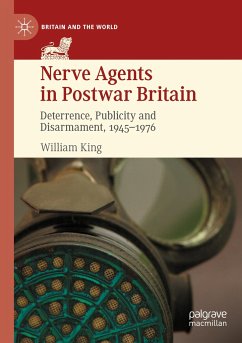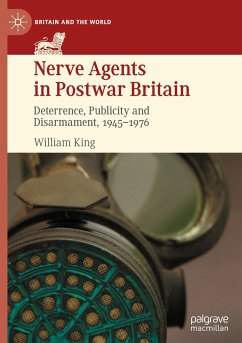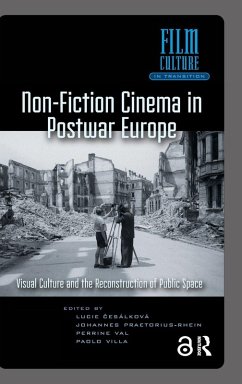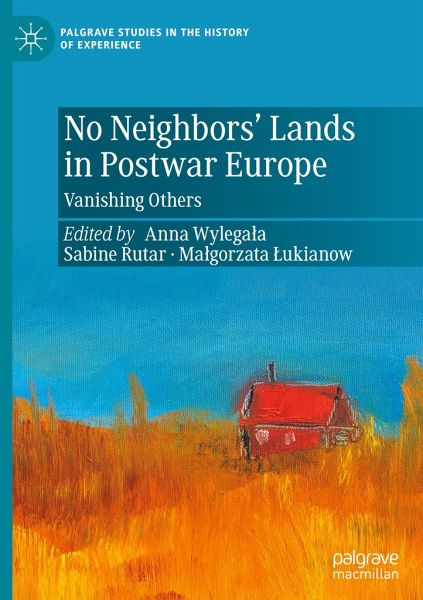
No Neighbors' Lands in Postwar Europe
Vanishing Others
Herausgegeben: Wylegala, Anna; Rutar, Sabine; Lukianow, Malgorzata

PAYBACK Punkte
49 °P sammeln!
This book focuses on the social voids that were the result of occupation, genocide, mass killings, and population movements in Europe during and after the Second World War. Historians, sociologists, and anthropologists adopt comparative perspectives on those who now lived in 'cleansed' borderlands. Its contributors explore local subjectivities of social change through the concept of 'No Neighbors' Lands': How does it feel to wear the dress of your murdered neighbor? How does one get used to friends, colleagues, and neighbors no longer being part of everyday life? How is moral, social, and lega...
This book focuses on the social voids that were the result of occupation, genocide, mass killings, and population movements in Europe during and after the Second World War. Historians, sociologists, and anthropologists adopt comparative perspectives on those who now lived in 'cleansed' borderlands. Its contributors explore local subjectivities of social change through the concept of 'No Neighbors' Lands': How does it feel to wear the dress of your murdered neighbor? How does one get used to friends, colleagues, and neighbors no longer being part of everyday life? How is moral, social, and legal order reinstated after one part of the community participated in the ethnic cleansing of another? How is order restored psychologically in the wake of neighbors watching others being slaughtered by external enemies? This book sheds light on how destroyed European communities, once multi-ethnic and multi-religious, experienced postwar reconstruction, attempted to come to terms with what hadhappened, and negotiated remembrance.
Chapter 7 and 13 are available open access under a Creative Commons Attribution 4.0 International License via link.springer.com.
Chapter 7 and 13 are available open access under a Creative Commons Attribution 4.0 International License via link.springer.com.





